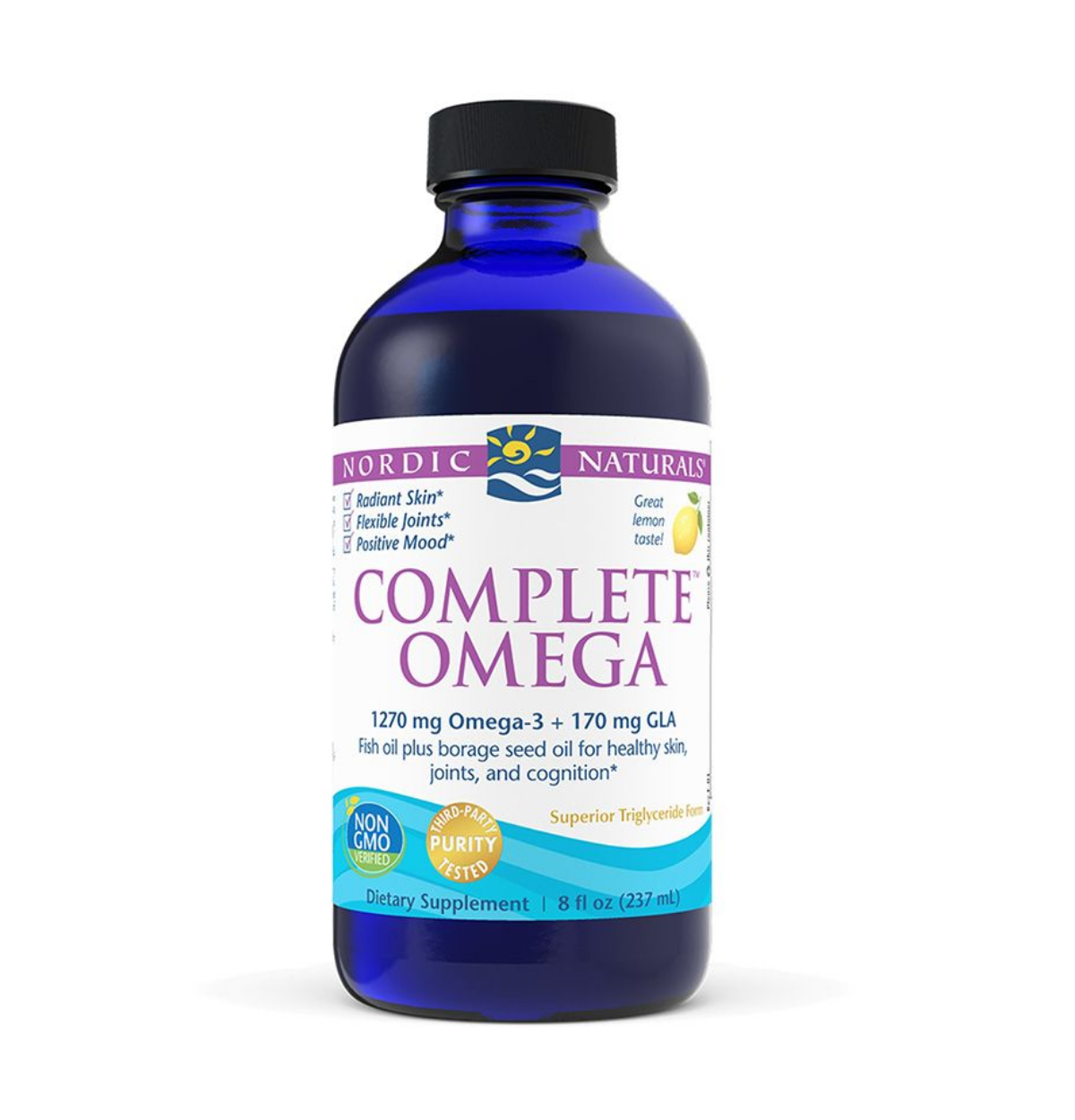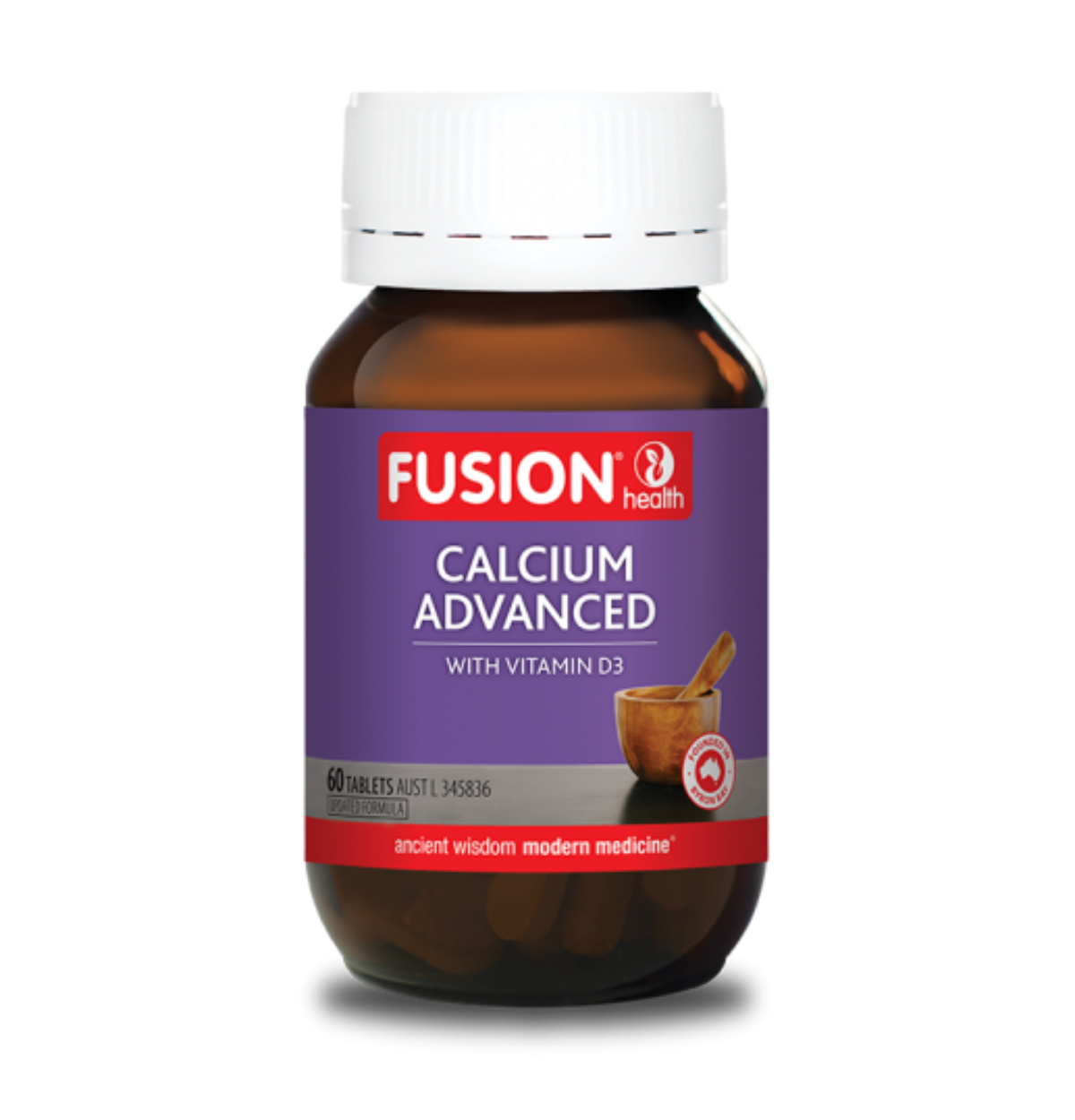HEALTH TOPICS
PMS or PMDD?
Posted by: Kelsea Bell - Gr8 Health Naturopath
As women, we are all familiar with premenstrual syndrome (PMS) and the array of symptoms it can bring. Say hello to sore breasts, water retention, sugar cravings, and the list goes on! For many women, these symptoms are mild and tolerable and won’t interfere with their daily lives. However, for a certain group of women, the cyclical symptoms they experience can be disabling and greatly interfere with their quality of life.
What is PMDD?
PMDD is similar to PMS however the symptoms are much more severe. It affects around 3-8% of women with PMS. PMDD symptoms usually start after ovulation and will ease 2-3 days after menstruation begins. Symptoms of PMDD can be so intense that some women feel like a completely different person during this time in their cycle. So, if your emotional symptoms are cyclic in nature, there is a high chance you are suffering with PMDD and not general depression or anxiety.
Emotional symptoms of PMDD
If you experience at least 5 of the following symptoms that begin 1-2 weeks before your period and typically improve 2-3 days after your period begins, then you may be experiencing PMDD.

- Depressed mood
- Tension and anxiety
- Intense anger (usually uncontrollable)
- Decreased interest in usual activities
- Difficulty in concentrating
- Fatigue
- Change in appetite
- Frequent crying
- Feeling of out of control
- Severe mood swings
- Sleep problems
- Physical symptoms: such as breast tenderness, headaches, joint or muscle pain, bloating, weight gain.
Causes of PMDD
What is interesting about PMDD is that it is not found among women who have abnormal hormone levels. Rather it is likely to be an increased sensitivity to the normal hormonal fluctuations that occur before menstruation that causes PMDD symptoms.
There are a number of variables that contribute to the heightened sensitivity to cyclical variations in levels of reproductive hormones. The main contributors are:
Genetic susceptibility
There is a genetic link to being sensitive to hormonal changes. The estrogen receptor alpha gene, which is important for emotional arousal, has a variation that can be found in PMDD.
Progesterone and ALLO
Progesterone, and in particular allopregnanolone (ALLO), which is a hormone produced when progesterone is broken down, is thought to be a major cause of PMD. Both Progesterone and ALLO increase in the luteal phase and quickly decrease around menstruation. It is believed this chronic exposure followed by rapid withdrawal from ovarian hormones may be a key factor in the aetiology of PMDD. ALLO is potent modulator of GABA receptors and has sedative, anaesthetic, and anxiolytic properties. However, women typically have low levels of ALLO which means it does not calm GABA receptors but instead it can produce anxiety and other negative mood symptoms.
HPA axis: Trauma, resiliency
There is some research that shows that women with higher levels of chronic stress, trauma and a potentially altered HPA axis have been associated with PMDD.
Oestrogen
Oestrogen is a collective name for a group of hormones including oestradiol, which is released from developing follicles, and leads over the first half of the menstrual cycle, with levels increasing and then falling post ovulation. This hormone has also been associated with fluctuations in neurotransmitters that affect our emotional responses, especially serotonin. Serotonin is important for regulating your sleep, memory, mood, and appetite. It is believed some women with PMDD may have an increased sensitivity to oestrogen fluctuations. These fluctuations may be associated with reduced serotonin levels, and thus result in PMDD symptoms.
How can Naturopathy help women with PMDD?
When working with a Naturopath, you will use ways to balance hormones and neurotransmitters with herbal and nutritional medicine, improve your diet, lifestyle and incorporate some techniques that help to reduce stress whilst strengthening your resilience to stress.
Interventions may include:
Wholefoods diet
Cleaning up your diet should be your number one priority in health. Eating a wholefoods diet rich in complex carbohydrates and adequate protein can help boost both tryptophan availability and serotonin levels. Foods to enjoy – fresh seasonal fruit and vegetables, lean meat, fresh fish, good quality fats from olive oil, avocado, organic grass-fed butter.
Stress Management
Stress management techniques such as relaxation, meditation, yoga and breathing have all been suggested for managing PMDD.
Omega-3 fatty acids 
Omega-3 rich foods may help to reduce overall inflammation associated with premenstrual disorders. They also support neurotransmission.
B-Vitamins
B vitamins, particularly B6, may also be beneficial in PMDD. Research shows B vitamins have an impact on the central production of both serotonin and GABA-neurotransmitters that control depression, pain perception and anxiety. B vitamin rich foods include lean meat, fish, pistachios, sunflower seeds, beans, and avocados.
Magnesium
Taking magnesium daily supports healthy GABA production and may help to reduce the mood and physical symptoms of PMDD.
Calcium 
Studies have found that calcium can reduce PMS symptoms, including mood changes, depression, and anxiety. (Bonus: It can help relieve water retention, or bloating, too.) Research has uncovered that calcium and serotonin production are linked. More specifically serotonin production and release depend on calcium, so its important to have adequate levels of calcium.
Saffron
Saffron is a wonderful herb that works as an anti-depressant, pain reliever and antioxidant. It can be used with anti-depressants too which is helpful. Studies have found that saffron provides symptomatic relief and is an effective herb for the treatment of PMDD.
As always, do not self-prescribe these interventions. Always speak to a healthcare provider before starting anything new. Natural health products and botanical medicines can interact with medications/supplements, are not always indicated when it comes to particular health conditions and should always be looked into by a professional.
Are you struggling with hormonal issues? Our naturopaths have helped hundreds to regain balance through the use of natural treatments such as herbal and nutritional medicine, diet and lifestyle plans. Book an appointment and receive personalised support with targeted treatment plans. Visit – www.gr8health.com.au/wellness-method
Subscribe to Gr8Health
Sign up to get 5% off your first order, exclusive access to our special offers, new arrivals and more.